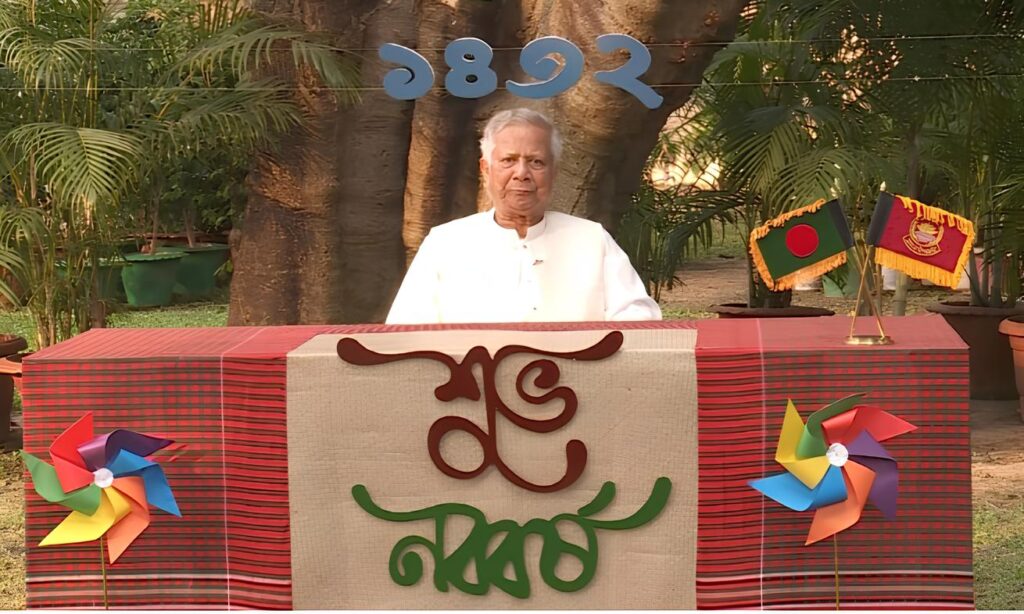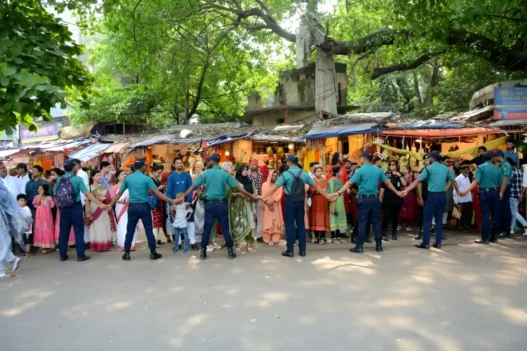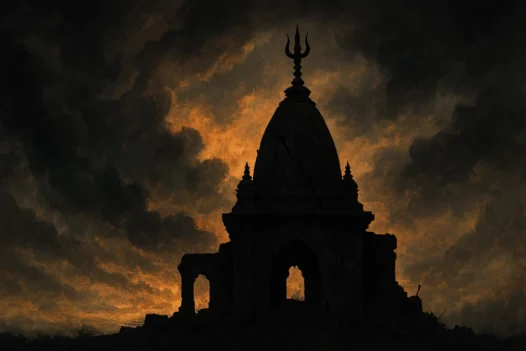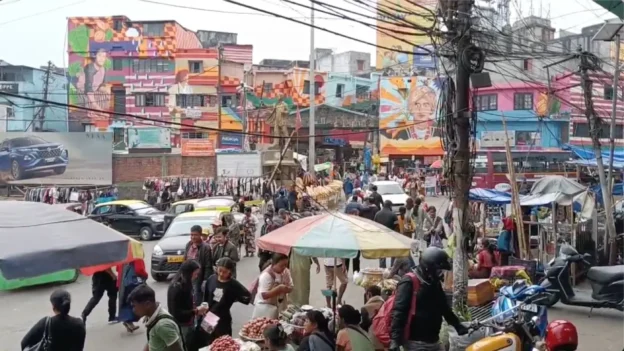Amazing news broke out from Dhaka, as Bangladesh’s current caretaker government dared to ask for an apology from Islamabad for the genocide engineered by the unruly Pakistani armed forces during the 1971 liberation war. An unconditional apology from Pakistan was insisted by former Prime Minister Sheikh Hasina till she was ousted by a student-led public uprising in July-August last year, which even compelled her to leave the country and take a temporary shelter in India till date. Always standing against Hasina, the interim government in Dhaka has somehow echoed a similar sentiment to the daughter of Bangabandhu Sheikh Mujibur Rahman, the independence hero of Bangladesh.
The stage was set for a foreign secretary-level meeting in Dhaka on 17 April, where the Bangladesh delegation raised the issue in front of the visiting Pakistan counterpart. The Foreign Office Consultation (FOC), held after 15 years, also witnessed a series of issues placed by the host team led by Bangladesh foreign secretary Md Jashim Uddin. The Pakistani delegation led by its foreign secretary Amna Baloch reportedly insisted on continuing engagements in talks. Bangladesh also demanded a financial compensation of USD 4.32 billion from Pakistan as a share from the combined assets of the undivided Islamic Republic of Pakistan before it was born in 1971.
Mentionable is that Bangladesh claims around 30 lakh million people were killed and more than two lakh Bengali women were raped by the Pakistani troops during the 1971 Muktijuddha. Soon after the Indian armed forces supported the Muktijujarus and the Pakistani forces officially surrendered on 16 December marking the victory of Mukti Bahini. Dhaka also pushed for repatriating nearly three lakh Pakistani citizens (who refused to take Bangladeshi citizenship and are still stranded in Bangladesh) to their home country. The host delegation also demanded a share of foreign aid funds (around USD 200 million), which was generated for the victims of the 1970 Bhola tropical cyclone that killed over five lakh people in the then East Pakistan.
However, Dhaka’s inclination to Islamabad has not diminished as it expects Pakistan’s deputy Prime Minister Muhammad Ishaq Dar (also in charge of Pak foreign ministry) in Bangladesh on 27, 28 April (first by a Pakistani foreign minister since 2012). The visiting Pakistani bureaucrat also met with the interim government’s chief adviser Professor Muhammad Yunus where they agreed to resolve many hurdles between the two nations with an aim to boost mutual cooperation and explore trade & business potentials. Earlier, a delegation of Pakistan chambers of commerce & industry visited Bangladesh and signed a memorandum of understanding with the host counterpart in January 2025.
Often criticized by some Indian media outlets for taking a hard stand against Hasina, Prof Yunus lately found another reason to celebrate as the octogenarian microfinance pioneer was featured in the list of 100 Most Influential People by TIME magazine. The American news weekly has included his name in current the list under the Leaders category along with US President Donald Trump, US vice-president JD Vance, Tesla CEO Elon Musk, UK Prime Minister Keir Starmer, Mexican President Claudia Sheinbaum, Venezuelan opposition leader María Corina Machado, Indian origin CEO of Vertex Pharmaceuticals Reshma Kewalramani (however no Indian figured in the entire list of dominant personalities for this year), etc. The New York-based magazine also reported that Prof Yunus was the oldest one among the awardees of 2025.
In a recent national address, Prof Yunus assured that the upcoming general election will be the most free, fair, and acceptable polls in the history of Bangladesh. The Election Commission has already begun making all necessary preparations and all political parties start preparing for the electoral processes. He also added that Bangladesh was interested to join the Association of Southeast Asian Nations and Malaysia (new rotational chair of the ASEAN) assured necessary support. Malaysia’s Prime Minister Anwar Ibrahim, who visited Bangladesh last year, gave a positive response to Dhaka’s request. Regarding the geographical location of Bangladesh, Prof Yunus commented that they are a fortunate nation bordering India, Nepal and Bhutan. If these four countries of South Asia can create a joint economy, he argued everyone will be fairly benefitted.
Sitting on a huge expectation from the common Bangladeshi nationals and galvanizing the national aspiration amid all difficulties, the lone Nobel laureate of India’s immediate neighbour made his presence felt by conveying the message that he wants a new Bangladesh with equal opportunity to every citizen irrespective of one’s religious faith or ethnicity. A ruined economy, disorganized various government departments & agencies and lack of goodwill & trust among the people greeted Prof Yunus to the office of power. The soft spoken banker turned political head diligently conveyed his determination to grow Bangladesh as an important player in south & southeast Asian politics.







